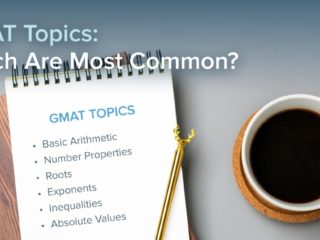Last Updated on May 11, 2023
GMAT OFFICIAL GUIDE DS
Solution:
We are given that Max purchased a guitar for a total of $624, which was the price of the guitar and the sales tax. If we let the price of the guitar = p and n = the tax rate, then we have:
624 = p + (n/100)p
624 = p(1 + n/100)
624 = p[(100 + n)/100]
62,400 = p[(100 + n)
62,400/(100 + n) = p
We need to determine whether n > 3.
Statement One Alone:
The price of the guitar that Max purchased was less than $602.
Since p < 602 and 62,400/(100 + n) = p, we have:
62,400/(100 + n) < 602
62,400 < 60,200 + 602n
2,200 < 602n
2,200/602 ≈ 3.65 < n
Since n is greater than 3.65, the sales tax is greater than 3%.
Statement Two Alone:
The sales tax for the guitar that Max purchased was less than $30.
Statement two alone is not sufficient to answer the question. For instance, if the tax was $0, then the tax rate was less than 3%; however, if the tax was $24, the price of the guitar would be $600, and the tax rate would be 24/600 = 4/100 = 4%, which is greater than 3%.
Answer: A



